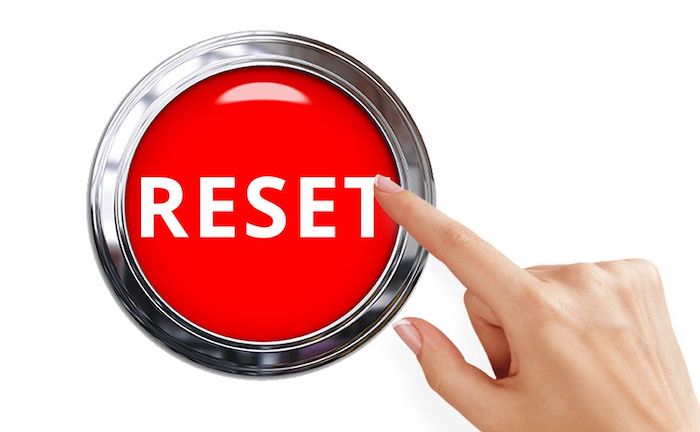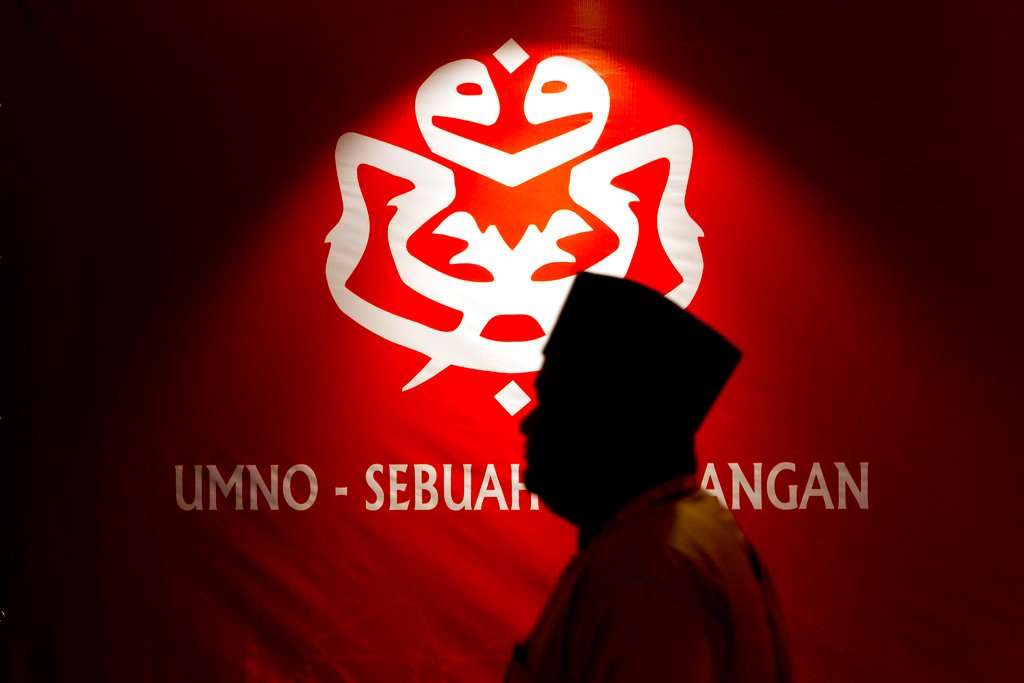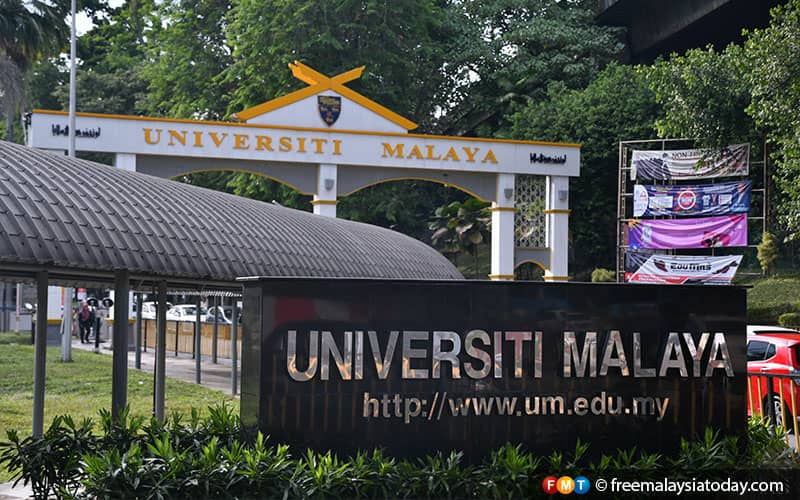Does Malaysia have the political will to reset?

So, until Malays are prepared to push the limits and boundaries of intellectual discourse and question and debate the forbidden, Malays will continue to be stuck in the past and reforms would be a dream that can never be realised. You cannot ban thinking (or ban books you do not agree with) and expect to progress.
NO HOLDS BARRED
Raja Petra Kamarudin
Malaysians, Malaysian politicians in particular, are only good at complaining. Nothing is right about Malaysia. Everything is wrong. And it is always someone else who is at fault and who caused all these problems.
Yes, there are many things wrong with Malaysia. And it had been going wrong long before Malaysia gained independence or Merdeka in 1957. It is just that we were, as the saying goes, like a frog being boiled. Because the water slowly turned hot, we did not realise we were being boiled to death until it was too late.
For example, the path to Merdeka itself was not right. The Malays did not actually fight for Merdeka in the real sense of the word. The Malays were persuaded or coaxed to sit down and discuss with the British colonial masters the prospects of Merdeka.
No doubt, Umno had already existed since 1946. But Umno itself was a British creation. Not many Malays realise that the British were behind the creation of Umno. And the British had a reason why they needed a creation that would be compatible with British interests.

Do we have the political will to reset Malaysia?
In 1945, Britain was technically bankrupt (because of WWII). In 1946, the Malayan Union was created (so that the British could tighten their grip on Malaya). Then Umno was created that same year to oppose the Malayan Union (to save the Raja-Raja Melayu). In 1947, India, the jewel in the crown of the British Empire, gained independence (so Britain lost its cash cow). In 1948, the Federation of Malaya was formed (to make the Malays happy).
Because all the other rich colonies were going one by one, Britain was very dependent on Malaya. In fact, 30% of Britain’s economy depended on Malaya. But Malaya faced the danger of falling to the Communists. And this was not just the Chinese Communists or the CPM but the Malay socialists as well. In those days, socialism was the in-thing and many Malays were socialists, even though they did not quite agree with the CPM.
So, the British needed a “friendly party” to take over Malaya. Or else Malaya might fall into the hands of a hostile party and the British might lose all their investments in Malaya. And that would economically hurt Britain.

Umno was a British creation to keep Malaya safe for British investments
Hence, to make sure a friendly party would take over Malaya, the British actually persuaded the Malays to set up Umno. And the Special Branch even arrested all those Malays who opposed Umno. Umno was allowed to travel the length and breadth of Malaya to campaign against the British while those (Malays included) who campaigned against Umno were arrested.
An example of how the British were behind Umno, the first Umno branch in Terengganu was set up in Dungun. The Dungun District Officer, a white man, asked his assistant, Dato’ Andika, to travel to Pekan to meet Tunku Abdul Rahman and Tun Razak Hussein to discuss setting up an Umno branch in Terengganu. His British boss gave Dato Andika one week’s leave plus an allowance to make that trip. The idea to set up a branch of Umno in Terengganu came from the British D.O., not from Dato’ Andika.
But that was in 1951 and it is now 2021, 70 years later. However, the Malays and Umno are all still stuck in the past (ketinggalan zaman). Politicians have all sorts of negative things to say about Malaysia — the politics, the economy, the education system, the racial polarisation, injustice and lack of civil liberties, abuse of power and corruption, and so much more. But nothing is going to change if we just talk about it. What action are they going to take? And how far are they prepared to go to see change?
Yes, change, reforms, renaissance, reformasi, perubahan, hijrah, or whatever you wish to call it. Malaysia needs to be reset. Everyone agrees that this is necessary. But not one person is prepared to bell the cat. Resetting Malaysia would involve a paradigm shift. And this paradigm shift has to start with educating Malaysians the right way.
Mother-tongue education needs to go. This type of education breeds racists and promotes racism. And Islamic education must be reformed to allow Malays to become thinkers and not zombies.

Malaysians are forbidden from thinking and questioning
Unfortunately, one of the main setbacks for the Malays is the way they are being taught to think, or rather being taught to just accept without thinking. Malays are told that thinking will lead you to hell. Hence you must not think or else you might end up in hell.
That is why even so-called Malay thinkers and intellectuals are not really thinkers and intellectuals even if they may have “professor” or “doctor” in front of their names. They wear blinkers and are not prepared to think outside the box.
If you try engaging these Malay thinkers and intellectuals in a discussion, say, regarding philosophy versus theology, they will shut you up with quotes from the Qur’an and Hadith and will warn you that any further discussion on the matter is forbidden in Islam.
Yes, Malays are taught you must accept without question. Any society that is taught it must accept without question and that all discussions are forbidden will never progress. It was when people dared to question that we discovered the world is round and not flat and that earth is not the centre of the universe, as the church said.
Of course, we need reforms, as people like Anwar Ibrahim and his gang are so fond of shouting. But reforms must first start from the mind. Malaysia needs to be reset. But we must first reset the way we think. Does Malaysia have this political will to reset? Are you prepared to start an intellectual debate by asking questions such as ‘Did God create Man or did Man create God’?
So, until Malays are prepared to push the limits and boundaries of intellectual discourse and question and debate the forbidden, Malays will continue to be stuck in the past and reforms would be a dream that can never be realised. You cannot ban thinking (or ban books you do not agree with) and expect to progress.

